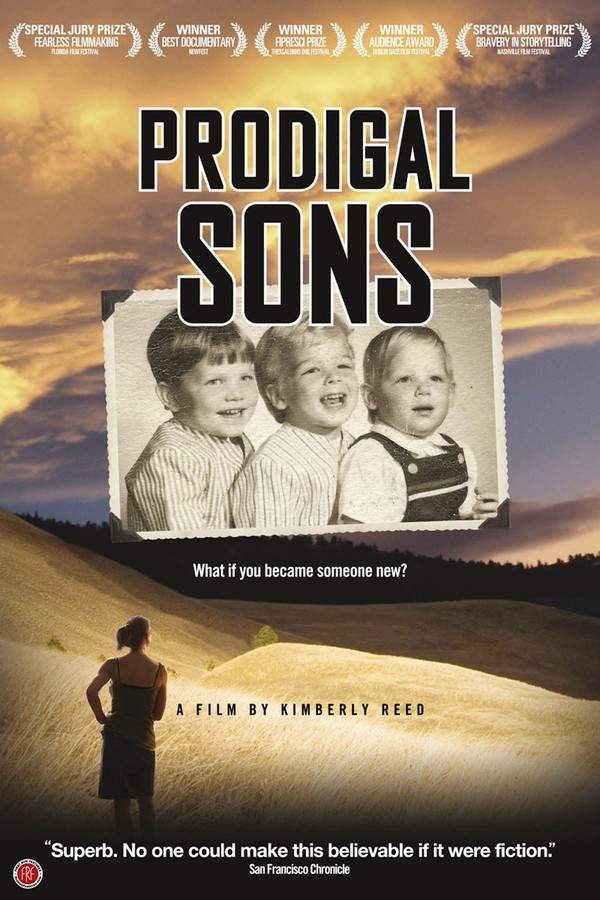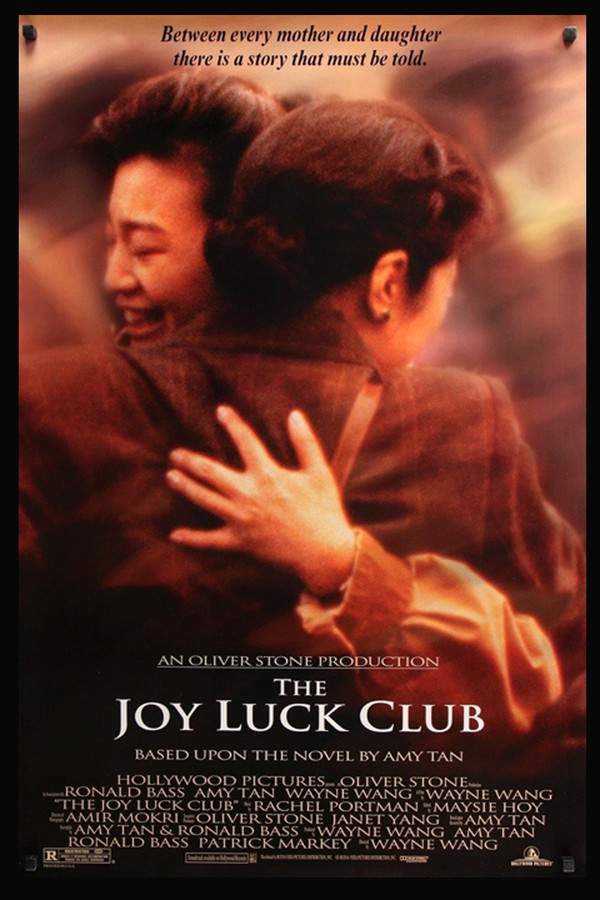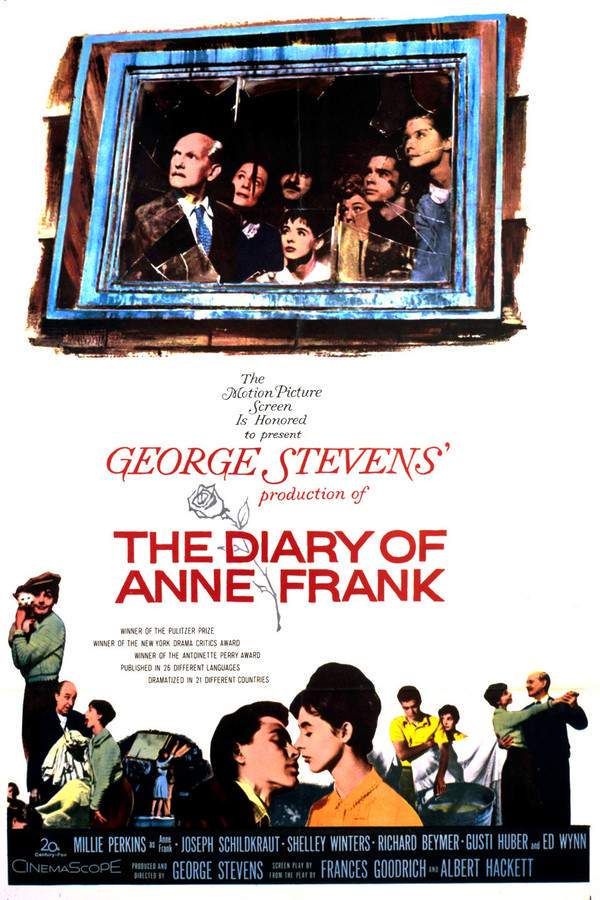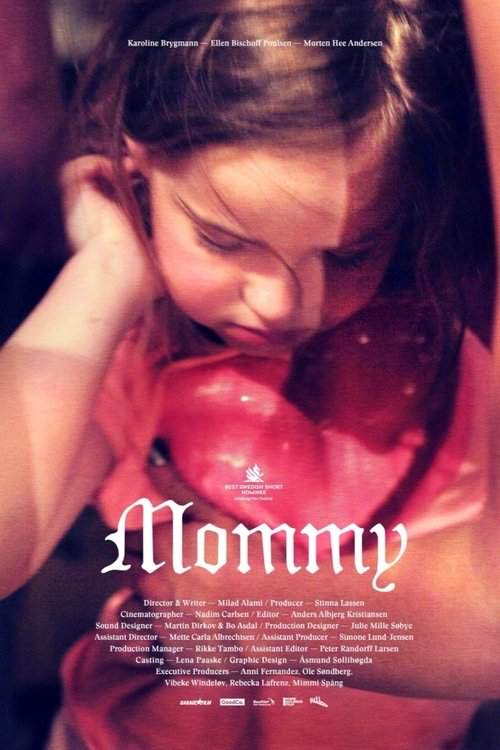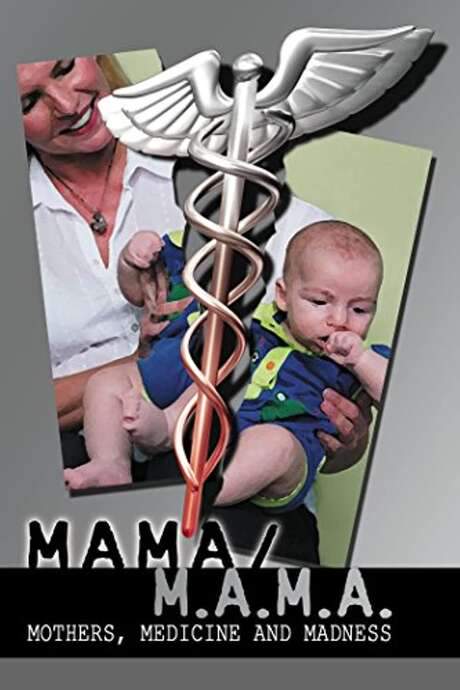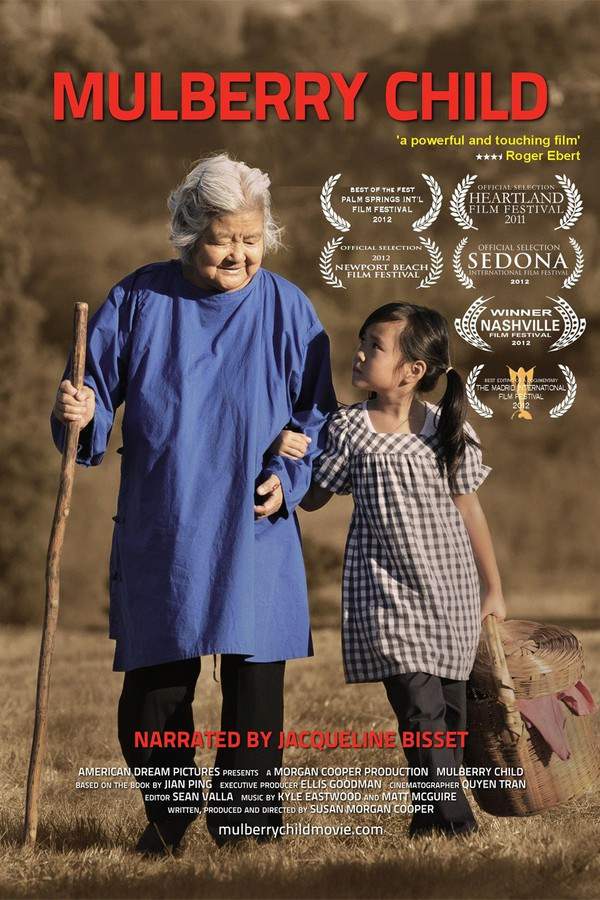
Mulberry Child
Year: 2012
Runtime: 85 min
Language: English
Director: Susan Morgan Cooper
A biographical drama portrays Jian Ping's compelling journey, leaving war-torn China for a new life in America. As she shares her turbulent past with her daughter, born in this new world, she grapples with the cultural differences that separate them. Through recounting her experiences, Jian seeks to bridge the emotional distance between mother and daughter, ultimately fostering a sense of belonging and mutual understanding.
Warning: spoilers below!
Haven’t seen Mulberry Child yet? This summary contains major spoilers. Bookmark the page, watch the movie, and come back for the full breakdown. If you're ready, scroll on and relive the story!
Mulberry Child (2012) – Full Plot Summary & Ending Explained
Read the complete plot breakdown of Mulberry Child (2012), including all key story events, major twists, and the ending explained in detail. Discover what really happened—and what it all means.
Jian Ping was born in 1960 in China, amidst a devastating famine resulting from the economic turmoil brought on by Mao Zedong’s Great Leap Forward. In this challenging period, tens of millions faced starvation, just prior to the onset of Mao’s severe and oppressive Cultural Revolution, which lasted from 1966 to 1976. The climate of fear intensified as Mao encouraged the youth to rebel, leading to rampant chaos where individuals faced persecution, humiliation, and violence from those empowered to act with impunity.
Jian was a premature and frail child, often neglected by her overwhelmed mother, who had three other children to care for. Consequently, she was raised by her grandmother, Nainai, who played a pivotal role in her survival during those harsh times. Despite the presence of care, expressions of affection were chastised under the Communist regime, making love feel unspoken and elusive.
Her parents were staunch supporters of the Party, with her mother prioritizing her allegiance to Mao above the welfare of her children. Jian’s father, having endured torture during his youth at the hands of Japanese forces, was later vindicated but became a dedicated Party member. He eventually rose to the position of Deputy Governor of Baicheng, showing resilience amid tragedy.
As societal tensions peaked, neighbors turned against one another, fostering an atmosphere rife with mistrust. Jian’s father was arrested without warning, becoming a victim of political machinations and branded a ‘Big Traitor.’ Meanwhile, her mother, also caught in the oppressive grip of the state, was coerced into writing self-incriminating statements. Demonstrating remarkable strength, she resisted demands from the Red Guards to renounce her husband and refused to let her children grow up without their father.
The situation worsened as Jian’s older siblings were sent away for “re-education” in rural areas, and she, along with Nainai, found themselves displaced in a remote and crude dwelling that offered little protection against the brutal cold. The oppressive years stretched on until 1976 when the Cultural Revolution finally subsided with Mao’s death. As an eight-year-old, Jian vividly recalls dodging insults and stones as she made her way to visit her father in prison. This instilled in her a belief in maintaining composure, hiding any fragility from those who might exploit it while trying not to burden her loved ones with her pain.
With time, as China began to heal and evolve, Jian returned to education, eventually obtaining an undergraduate degree in English before immigrating to the United States. There, she pursued and achieved two master’s degrees. Jian’s journey continued as she married and became a mother to her daughter, Lisa, who joined her in the U.S. when she was five years old. In her pursuit to establish a middle-class existence for her family, Jian felt an ironic sense of disconnection growing between her and Lisa. This prompted Jian to embark on an eight-year journey writing her memoir, Mulberry Child, a heartfelt project born out of her desire to unveil her history and share her Chinese lineage with Lisa. However, she encountered disappointment when Lisa expressed little interest in her mother’s story.
The landscape shifted when Jian Ping and Lisa returned to China for a poignant family reunion during the impactful 2008 Beijing Olympics. It was during this trip that Lisa agreed to read her mother’s manuscript. As she delved into the narrative of their family’s history, Lisa began to recognize her mother in a new light, fostering a deeper understanding and appreciation of her own heritage.
Last Updated: May 12, 2025 at 07:04
Explore Movie Threads
Discover curated groups of movies connected by mood, themes, and story style. Browse collections built around emotion, atmosphere, and narrative focus to easily find films that match what you feel like watching right now.
Movies about family reconciliation like Mulberry Child
Generations collide and connect through shared stories of trauma and identity.If you liked Mulberry Child's journey of a mother and daughter connecting through a difficult past, you'll appreciate these movies. They explore similar themes of intergenerational healing, cultural identity, and the power of storytelling to mend family bonds.
Narrative Summary
These narratives typically move between past and present, using historical trauma or migration stories as a key to unlocking understanding in the present. The central conflict is often emotional distance, resolved not by forgetting the past, but by confronting it together.
Why These Movies?
They are grouped by their shared focus on reconciliation, the heavy emotional weight of family history, and a bittersweet tone that balances hardship with hopeful connection. The pacing is often steady and reflective.
Historical survival dramas like Mulberry Child
Personal stories of endurance against the backdrop of political upheaval and famine.Explore movies like Mulberry Child that focus on personal survival during historical turmoil. These biographical dramas share themes of political persecution, resilience against famine, and the heavy emotional journey of enduring and overcoming oppression.
Narrative Summary
The narrative follows a linear or reflective journey through a specific dark period in history, such as war, revolution, or famine. The protagonist's arc is defined by survival against overwhelming odds, often emphasizing the psychological and emotional toll as much as the physical one.
Why These Movies?
They share a high intensity focus on severe hardship, a heavy emotional weight, and a tone that finds hope or bittersweet resolution after immense suffering. The pacing is steady, methodically building a portrait of endurance.
Unlock the Full Story of Mulberry Child
Don't stop at just watching — explore Mulberry Child in full detail. From the complete plot summary and scene-by-scene timeline to character breakdowns, thematic analysis, and a deep dive into the ending — every page helps you truly understand what Mulberry Child is all about. Plus, discover what's next after the movie.
Mulberry Child Timeline
Track the full timeline of Mulberry Child with every major event arranged chronologically. Perfect for decoding non-linear storytelling, flashbacks, or parallel narratives with a clear scene-by-scene breakdown.

Characters, Settings & Themes in Mulberry Child
Discover the characters, locations, and core themes that shape Mulberry Child. Get insights into symbolic elements, setting significance, and deeper narrative meaning — ideal for thematic analysis and movie breakdowns.

Mulberry Child Spoiler-Free Summary
Get a quick, spoiler-free overview of Mulberry Child that covers the main plot points and key details without revealing any major twists or spoilers. Perfect for those who want to know what to expect before diving in.

More About Mulberry Child
Visit What's After the Movie to explore more about Mulberry Child: box office results, cast and crew info, production details, post-credit scenes, and external links — all in one place for movie fans and researchers.

Similar Movies to Mulberry Child
Discover movies like Mulberry Child that share similar genres, themes, and storytelling elements. Whether you’re drawn to the atmosphere, character arcs, or plot structure, these curated recommendations will help you explore more films you’ll love.
Explore More About Movie Mulberry Child
Mulberry Child (2012) Scene-by-Scene Movie Timeline
Mulberry Child (2012) Movie Characters, Themes & Settings
Mulberry Child (2012) Spoiler-Free Summary & Key Flow
Movies Like Mulberry Child – Similar Titles You’ll Enjoy
Found (2021) Movie Recap & Themes
Mother and Child (2010) Full Movie Breakdown
Mommy (2015) Detailed Story Recap
The Joy Luck Club (1993) Complete Plot Breakdown
Somewhere Between (2012) Full Movie Breakdown
Asia (2021) Full Summary & Key Details
Mama/M.A.M.A. (2003) Ending Explained & Film Insights
Jasmine Women (2004) Full Summary & Key Details
My Father and I (2003) Spoiler-Packed Plot Recap
The Child (2005) Complete Plot Breakdown
Farewell China (1990) Movie Recap & Themes
Ju Dou (1990) Full Movie Breakdown
Digging to China (1997) Story Summary & Characters
Mother, Father, Child (1978) Plot Summary & Ending Explained
Brief History of a Family (2024) Detailed Story Recap


